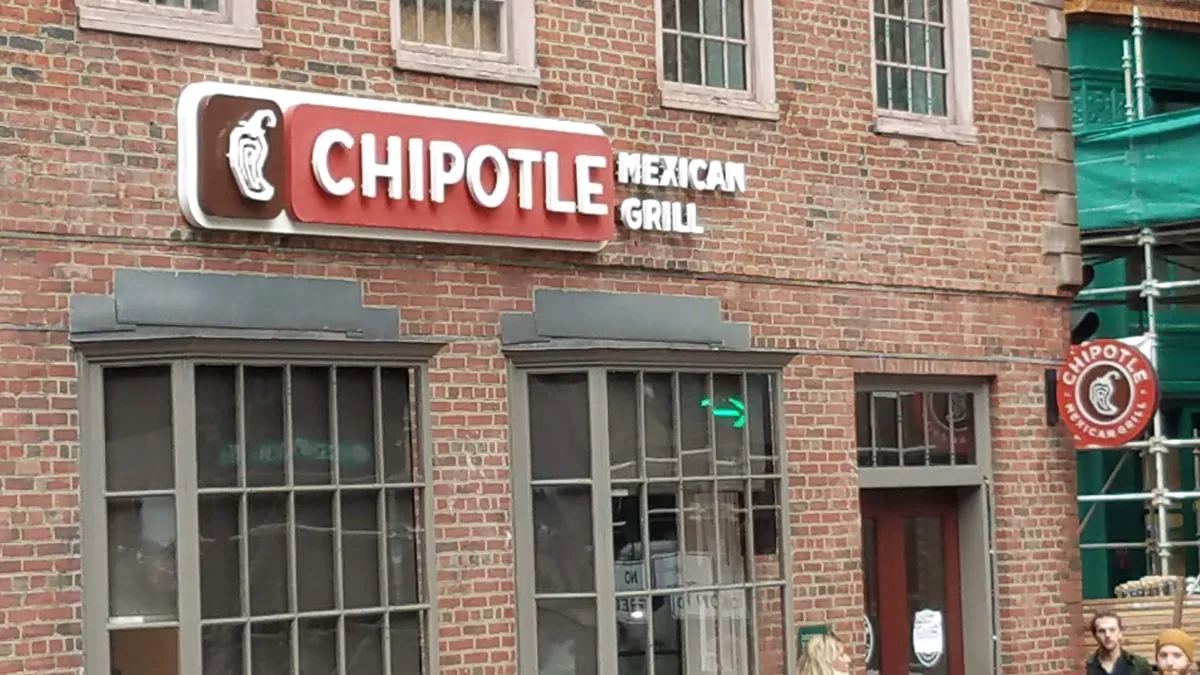Dive Brief:
- Two terminated Chipotle employees failed to prove their national origin bias claims against the restaurant chain (Mejia v. Chipotle Mexican Grill, Inc., No. 18-55085 (9th Cir. Dec. 9, 2019)).
- The employees, who are Mexican and undocumented, claimed that Chipotle and their supervisor reduced the hours of undocumented, Spanish-speaking employees in order to give those hours to "documented, English-speaking employees." They also alleged that they were forced to create false time records reflecting that they took meal and rest breaks, and were eventually fired for refusing to train new employees after hours.
- The 9th U.S. Circuit Court of Appeals said the employees never complained to Chipotle or their supervisor about national origin discrimination and also presented no evidence that any actions taken against them were, more likely than not, the result of bias. There was also no evidence that their supervisor used racial epithets or "viewed her national origin as superior to Plaintiffs'," or that the employees were denied the proper meal breaks. Accordingly, the 9th Circuit upheld a federal district court's summary judgment ruling in favor of Chipotle.
Dive Insight:
The Chipotle workers sued their employer under state statutes, but federal laws banning national origin discrimination do exist. Title VII of the Civil Rights Act of 1964, for example, bars employment bias based on national origin.
This lawsuit touched on a subset of national origin discrimination: language discrimination. Rules requiring employees to speak English in the workplace at all times are generally considered in violation of Title VII, according to an EEOC guidance. The guidance also says that restrictive language policies violate Title VII if they are adopted for discriminatory reasons, including bias against employees of a particular national origin.
This case also dealt with employment bias claims brought by undocumented workers, who are protected by anti-bias laws just as U.S. citizens and documented immigrants are. Federal law prohibits discrimination against all workers in the United States, regardless of immigration status, and the U.S. Equal Employment Opportunity Commission has expressed a continuing commitment to protect immigrants' rights.
In addition to monitoring compliance with the anti-bias laws, HR must also continue to ensure that new hires have all the required pre-employment documents in place, including the U.S. Citizenship and Immigration Services' Form I-9. Employers must complete the form in a timely manner and confirm that presented documentation appears genuine.











